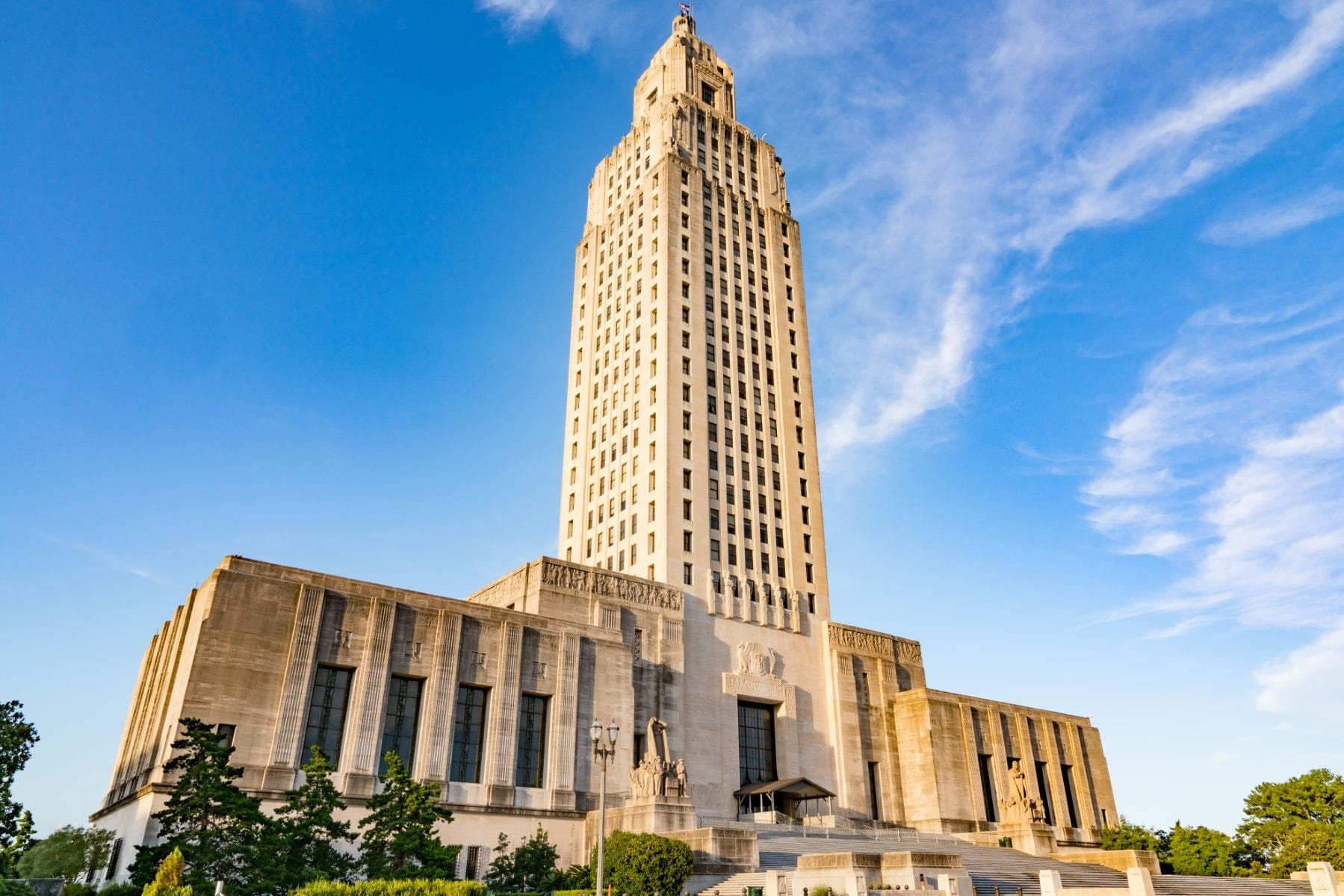Louisiana Expert Witness Admissibility Rules
Louisiana's expert witness admissibility hinges on statutory and case law, requiring careful evaluation of relevance and reliability for effective legal practice.
Updated on
In this article
Overview of Expert Witness Admissibility in Louisiana
In Louisiana, the admissibility of expert witness testimony is governed by both state statutes and case law, ensuring that expert testimony presented in court is both relevant and reliable. The framework used to evaluate expert testimony is critical for legal practitioners who rely on such evidence to support their cases. This article delves into the intricacies of the state's rules on expert witness admissibility, offering a comprehensive guide for legal professionals.
Is Louisiana a Daubert or Frye State?
Louisiana aligns with the Daubert standard, following the precedent set by the U.S. Supreme Court in Daubert v. Merrell Dow Pharmaceuticals, Inc. This standard requires that the trial judge acts as a gatekeeper, ensuring that any and all scientific testimony or evidence admitted is not only relevant but also reliable. The Daubert standard emphasizes the importance of the methodology and principles underlying the expert's testimony, rather than the acceptance of the theory within the scientific community, as was the case under the Frye standard.
Understanding Louisiana Code of Evidence Article 702
Louisiana Code of Evidence Article 702 is the statutory foundation for the admissibility of expert testimony in the state. It mirrors the Federal Rule of Evidence 702, providing that an expert may testify if:
- Their knowledge will help the trier of fact to understand the evidence or determine a fact in issue.
- The testimony is based on sufficient facts or data.
- The testimony is the product of reliable principles and methods.
- The expert has reliably applied the principles and methods to the facts of the case.
This statute emphasizes the necessity for expert testimony to be both relevant to the matters at hand and based on a reliable foundation.
Factors Louisiana Courts Consider When Admitting Expert Testimony
When determining the admissibility of expert testimony, Louisiana courts consider several factors, derived from the Daubert standard:
- Testability: Can the expert's theory or technique be tested?
- Peer Review and Publication: Has the theory or technique been subjected to peer review and publication?
- Error Rate: Is there an established error rate for the methodology?
- General Acceptance: Does the scientific community widely accept the methodology?
Additionally, Louisiana courts may evaluate the expert's qualifications, including their education, training, and experience, to assess the credibility and reliability of the testimony.
Common Challenges to Expert Admissibility in Louisiana
Despite the structured framework, challenges to expert admissibility in Louisiana are not uncommon. Common issues include:
- Lack of Reliable Methodology: When an expert's methods do not align with scientific standards.
- Insufficient Data: When the expert's opinion is based on inadequate data or speculative assumptions.
- Qualifications: Disputes over whether the expert possesses the necessary qualifications or expertise.
Notable cases such as State v. Foret and State v. Quatrevingt have highlighted these challenges, emphasizing the courts' rigorous approach to evaluating expert testimony.
Practical Tips for Attorneys Handling Expert Witnesses in Louisiana
To effectively manage expert witnesses in Louisiana, attorneys should consider the following strategies:
- Thorough Vetting: Carefully assess the expert's credentials and methodologies to ensure they meet Daubert criteria.
- Preparation: Prepare your expert thoroughly, ensuring they understand the specific case facts and can articulate their methodology clearly.
- Pretrial Motions: Utilize pretrial motions to address potential admissibility issues, such as motions in limine, to preempt challenges during trial.
Additionally, understanding recent case law and staying informed about developments in the applicable scientific fields can provide a strategic advantage in presenting or contesting expert testimony.
In conclusion, the admissibility of expert witness testimony in Louisiana requires careful consideration of both statutory requirements and judicial precedents. Attorneys must be diligent in selecting and preparing expert witnesses to ensure their testimony withstands scrutiny under the Daubert standard. By understanding the legal framework and anticipating potential challenges, legal professionals can effectively leverage expert testimony to support their cases.


